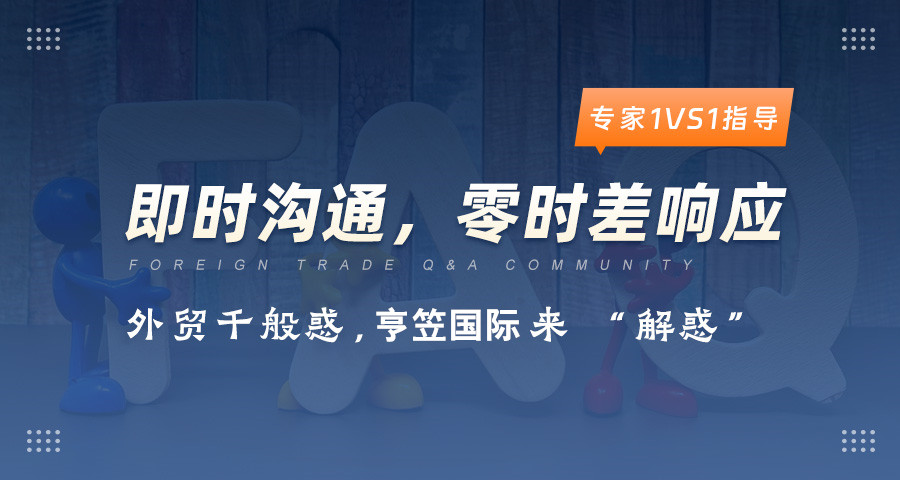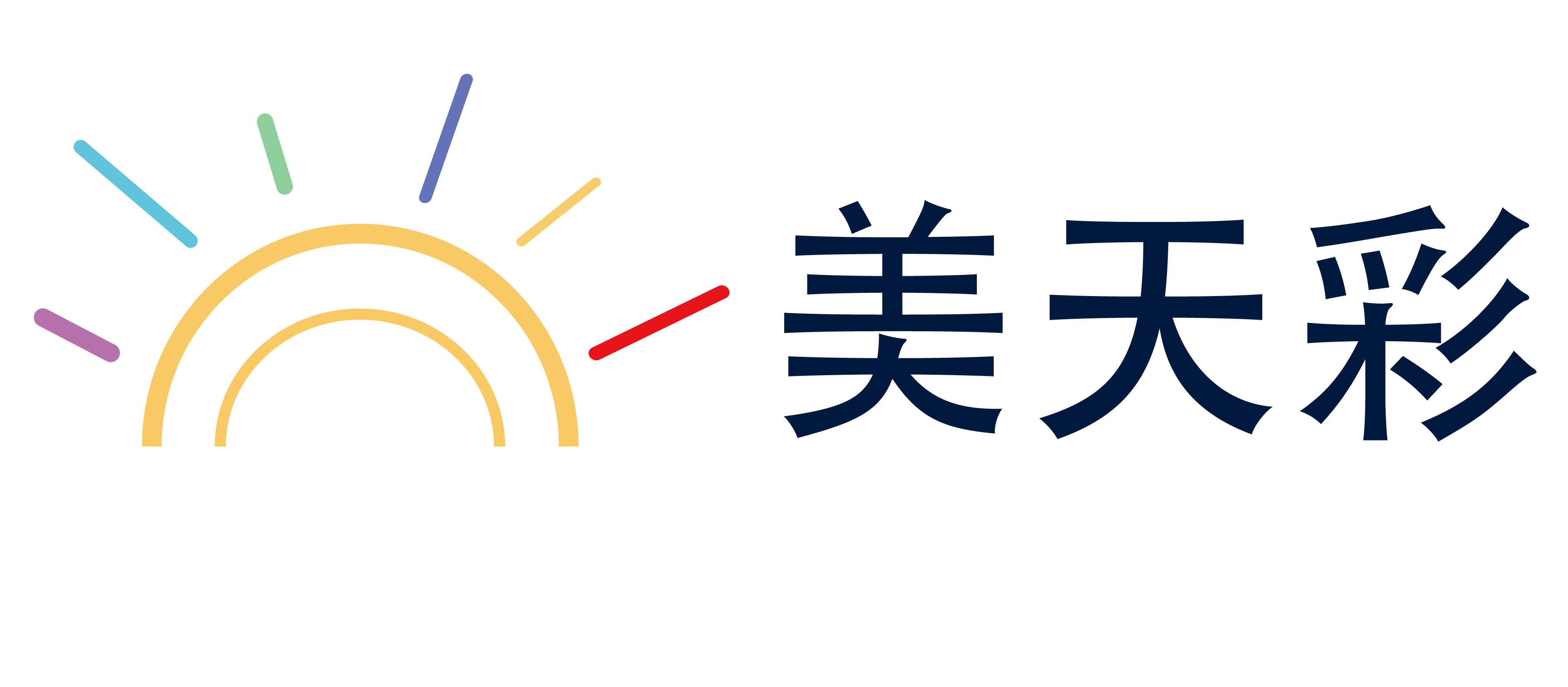泰国化妆品法规法规要点
泰国化妆品法规是泰国国家according to the regulatory framework for cosmetics in Thailand, which was established in 2015, outlines the requirements for cosmetic products to ensure their safety and efficacy. The regulations are designed to protect consumers, promote scientific and ethical practices in the cosmetic industry, and maintain high standards of quality and safety. Below is an overview of the key aspects of the cosmetic regulations in Thailand.
1. Overview of Cosmetic Regulations in Thailand
The cosmetic regulatory framework in Thailand is comprehensive and aims to balance the needs of the cosmetic industry with the well-being of consumers. The regulations apply to cosmetic products sold in Thailand, including makeup, skincare products, haircare products, and nail products. The framework is divided into several sections, including raw material requirements, formulation standards, production and processing standards, labeling and identification, safety assessment, import and export procedures, and regulatory oversight.
2. Raw Material Requirements
The cosmetic regulations in Thailand require that all raw materials used in the production of cosmetic products must meet strict standards. For example, ingredients such as fragrances, dyes, and fillers must comply with the National Standard for cosmetics. Additionally, the use of natural extracts and essential oils is subject to approval by the Department of Consumer Safety. The regulations also prohibit the use of harmful substances, including heavy metals and formaldehyde, in cosmetic products.
3. Formulation and Production Standards
The cosmetic regulations in Thailand emphasize the importance of scientific formulation and production practices. Cosmetics manufacturers must follow Good Manufacturing Practices (GMP) to ensure the safety and quality of their products. This includes proper labeling, traceability, and quality control measures. The regulations also require that cosmetic products be tested for safety, including skin testing, to ensure that they are free from harmful substances.
4. Labeling and Identification
The cosmetic regulations in Thailand require that all cosmetic products sold in Thailand must have clear and accurate labeling. The labeling must include the product name, ingredient list, active ingredients, and other regulatory information. The regulations also require that cosmetic products be identifiable by their brand name, product name, and country of origin. This helps consumers to make informed choices and identify counterfeit products.
5. Safety Assessment
The cosmetic regulations in Thailand require that all cosmetic products undergo rigorous safety assessment before they can be sold in the country. The Department of Consumer Safety is responsible for evaluating the safety of cosmetic products, including their ingredients, formulation, and manufacturing processes. Products that do not meet the safety standards are banned or restricted from sale.
6. Import and Export Procedures
The cosmetic regulations in Thailand also cover the import and export of cosmetic products. When cosmetic products are imported into Thailand, they must comply with the country's regulations, including labeling requirements and safety assessments. Similarly, when cosmetic products are exported from Thailand, they must meet the export requirements of the importing country.
7. Regulatory Oversight
The cosmetic regulations in Thailand are enforced by the Department of Consumer Safety, which is part of the Office of the Royal Thai Government. The department is responsible for ensuring that cosmetic products comply with the regulations and for addressing any violations of the laws. The department also conducts regular inspections of cosmetic product manufacturers and distributors to ensure compliance with the regulations.
8. Consumer Protection
The cosmetic regulations in Thailand are designed to protect consumers by ensuring that cosmetic products are safe, effective, and free from harmful substances. The regulations also promote transparency and accountability in the cosmetic industry, which helps consumers make informed choices about the products they purchase.
9. Market Overview
The cosmetic industry in Thailand is growing rapidly, with a focus on natural and organic products. The cosmetic regulations in Thailand are designed to support this growth by providing a framework for the production and sale of high-quality cosmetic products. The regulations also promote the use of innovative cosmetic technologies and practices, which help to improve the safety and efficacy of cosmetic products.
10. Conclusion
The cosmetic regulations in Thailand are a set of comprehensive and well-established rules that ensure the safety, quality, and transparency of cosmetic products. These regulations are designed to protect consumers, promote scientific and ethical practices in the cosmetic industry, and maintain high standards of quality and safety. By adhering to these regulations, cosmetic manufacturers in Thailand can produce products that meet the needs of their customers and contribute to the success of the cosmetic industry in the country.
上述信息,涵盖图片、视频以及各类文字资料,美天彩仅扮演信息存储的角色。若存在任何侵犯知识产权或其他合法权益的情形,请立即联系我们删除,切实维护您的权益。
郑重声明
- 延伸阅读:
- 上一篇:台湾化妆品备案监督机制
- 下一篇:东南亚INCI备案风险评估与管理策略

Experts Q & A
外贸专家答疑
为了帮助您更快地解决问题,建议向我们的外贸专家进行咨询,提供专业的方案咨询和策划。


马上留言 (0) 0